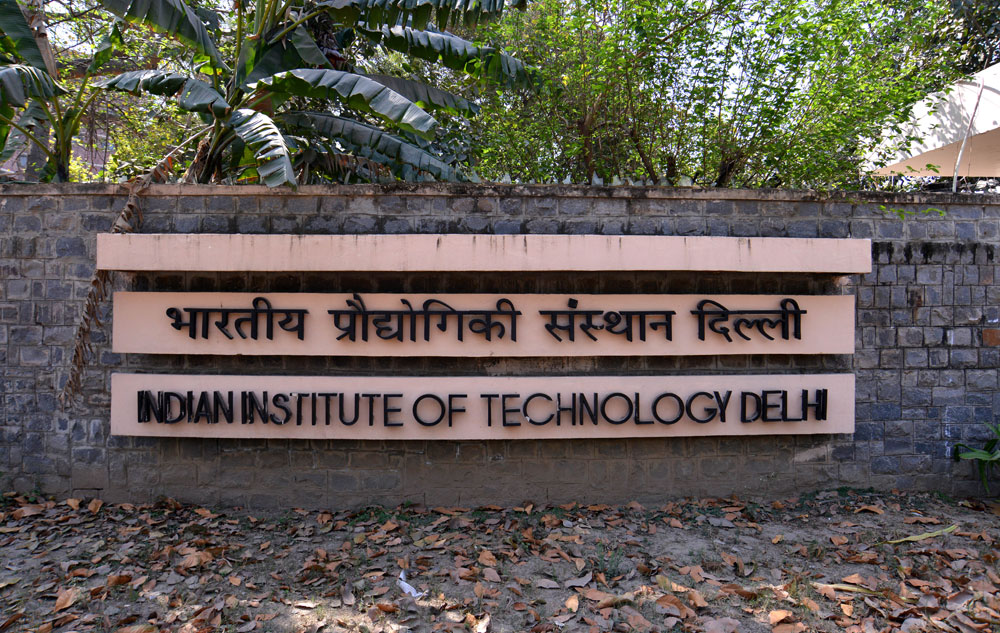The government has directed IITs to implement quotas in senior faculty posts in the core technology stream, in a move that drew sharp criticism from institute directors who dared the Centre to introduce such quotas in cricket.
Since 2008, the IITs have been offering quotas to Scheduled Castes (SCs), Scheduled Tribes (STs) and Other Backward Classes (OBCs) while recruiting assistant professors — the first level — in technology subjects. Now, they will have to extend the benefits of reservation to the posts of associate professors and professors as well.
In humanities and management courses, quotas are offered at all three levels.
“Now the IITs will have to implement reservation at all levels of faculty posts and in all streams, including the technology courses. A directive has been issued,” a senior HRD ministry official told The Telegraph.
Similar orders have been issued to the Indian Institutes of Science Education and Research (IISERs) and the National Institutes of Technology (NITs).
Although the government had directed the IITs to implement quotas at the assistant professor level in technical courses in 2008, it was not being followed in letter and spirit. The IITs often cited the “not found suitable” provision in case of candidates from socially deprived sections.
Two IIT directors on Tuesday described the latest government directive as “unfortunate”.
“This will destroy the IIT system. At the level of students’ admission, some relaxation in norms to implement reservation is fine. But relaxing standards at the level of faculty will lead to the collapse of the IIT system,” the director said, preferring anonymity.
He said IITs had excelled over the years because of “good quality faculty”.
Another director said that if reservation is to be implemented to ensure the representation of all sections in IIT faculty posts, the same logic should be applied while selecting players for the Indian cricket team.
“If you want to be in the game and compete globally, you have to have the best talents,” said the director, adding that he is yet to receive the government letter.
Such a view, however, was not shared by all.
Suraj Yengde, the author of the book Caste Matters and a US-based academic, took on the IIT directors for their concern about a dip in quality because of the implementation of reservation.
Rubbishing the cricket analogy, he said it was a “Brahminical game” which, like Indian academia, never celebrated meritorious constitutional virtues but promoted individuals belonging to the upper castes.
“Cricket is a game introduced by the British to Indians to entertain the elite and exploit the economy. This is evident in the film Lagaan. Cricket has a history of continuation of unmerited opportunity given to the elite. Those celebrating cricket as a meritorious virtue are apologists of the British empire and its barbaric exploitation,” Yengde said.
He said academia was an association between teachers and students. The “obsession” of the upper castes with “so-called merit is deeply flawed”, Yengde observed.
“Merit is directly connected with diversity. People coming from diverse backgrounds give a new perspective to problems. Exclusion only promotes mediocrity,” he said.
Yengde said the Indian institutions had faculty largely drawn from upper caste Hindus and none of the institutions “ever found a place among the top 100 in any global ranking”. “Since there is little representation from lower castes in academia, the teachers will kill the Ekalavyas,” he said.











